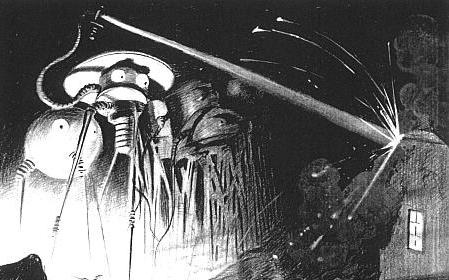
Portrait of an Alien: How Western and Eastern Cultures Influence Creativity and Perceptions
The concept of creativity varies by culture, and this is reflected in the results of creative activity. This fact was confirmed by researchers from the HSE Laboratory for Creativity and Multilingualism who studied creative assignments carried out by students from Russia and the United Arab Emirates.
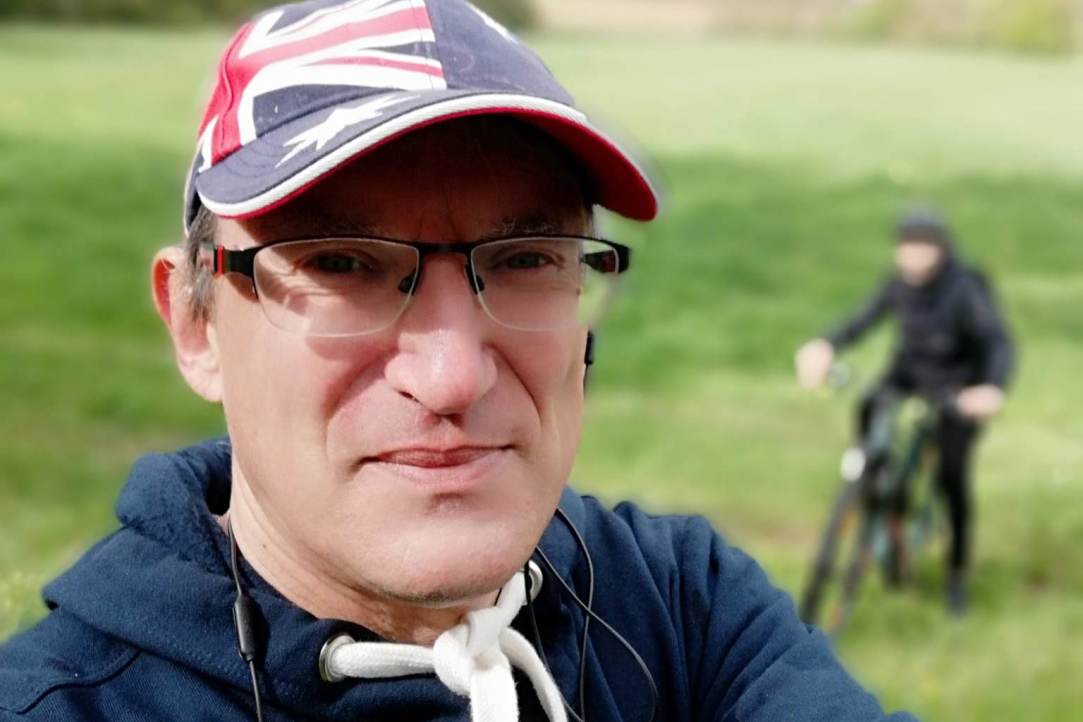
Alexei Vagov: ‘Metamaterials Should Serve People'
The Centre for Quantum Metamaterials is one of the new international laboratories that will be launched at MIEM, HSE University, in 2022. Alexei Vagov, Head of the Centre, speaks about the main areas of the Centre’s research, its team, and future research cooperation.
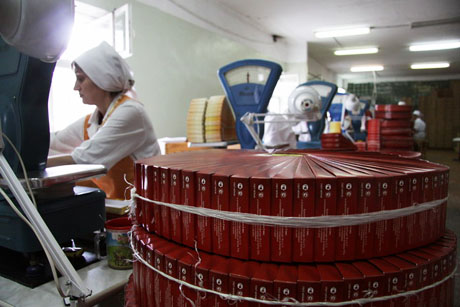
'I Took Up a Blue-collar Job to Do My Research'
Olga Pinchuk shares the personal experiences that have informed her academic research, explains why manual labour is still prevalent in Russia, and examines widespread stereotypes about blue-collar workers.
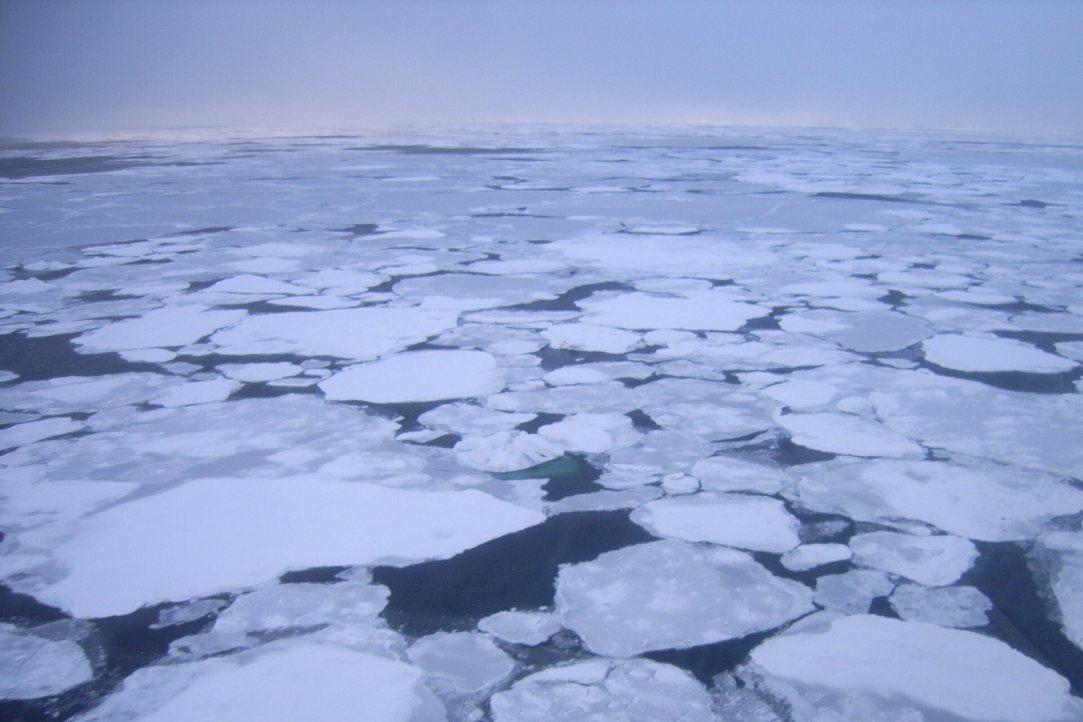
Salt Eats Ice: Researchers Name the Reasons Behind Underwater Permafrost Vulnerability
A team of researchers has studied ice-containing sediment on the East Siberian Arctic Shelf. The researchers proved that the melting of underwater permafrost is caused not only by the warming of sea water, but also by migrations of its salt ions (mostly NaCl). The HSE News Service reports on this and other studies conducted by the HSE Institute of Ecology.

HSE Biologists Prepare Strategy for Universal COVID Test
Russian researchers have developed a strategy to create a cheap and rapid COVID-19 test based on isothermal amplification. According to their publication in Applied Biochemistry and Microbiology, use of this strategy will make it possible to create universal test systems for any of the COVID-19 variants.

Half of Job Seekers Need up to Ten Weeks to Find a Job
A person’s position on the labour market, i.e., status of employed/unoccupied/unemployed, can impact not only attitudes toward the job search (choice or necessity), but also employment conditions and the methods and length of search.

‘There Is Something Inherently Interesting in People Who Break the Mainstream Norm’
This December, HSE University’s Poletayev Institute for Theoretical and Historical Studies in the Humanities hosted Professor Juliane Fürst, from Leibniz Centre for Contemporary History, who gave a lecture about Soviet hippies and the Soviet Flower Power. In an interview with HSE News Service, Professor Fürst spoke about her interest in Soviet subcultures and her research plans.
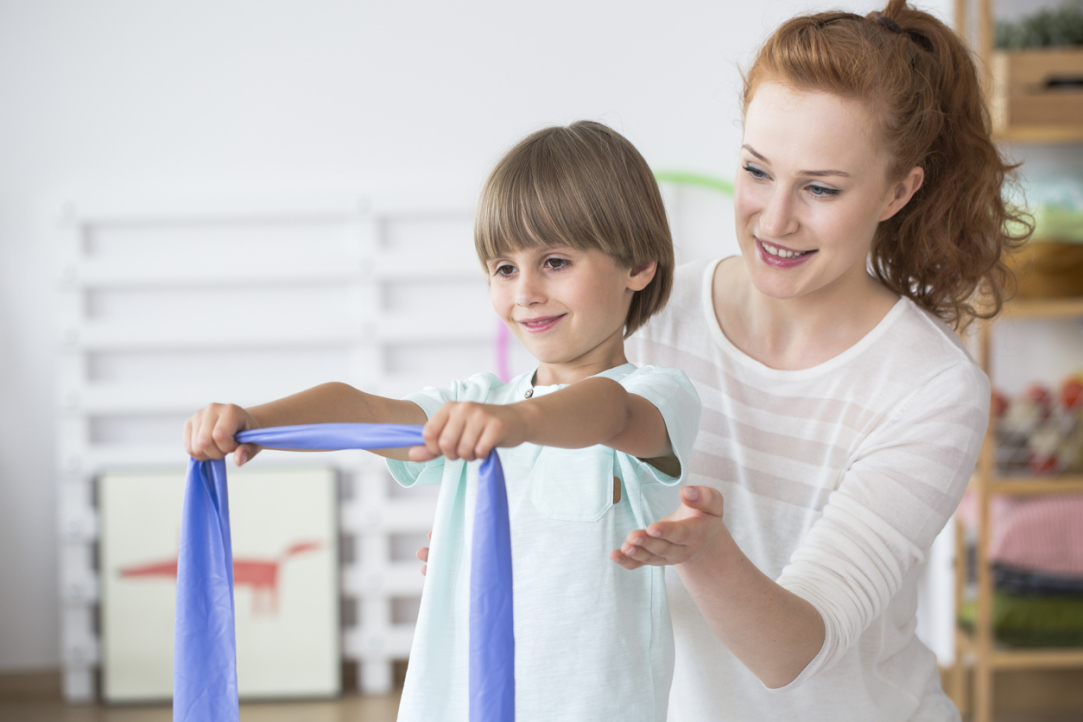
Brain Stimulation May Facilitate Rehabilitation of Children with Arthrogryposis
HSE academics joined researchers from the Turner Scientific Research Institute for Children's Orthopaedics to study how the brains of children with arthrogryposis control elbow flexion after muscle transplantation. They found that in such patients, more motor neuron activity occurs, which means that the start of a new movement requires more effort from the brain. The paper ‘Feasibility and Challenges of Performing Magnetoencephalography Experiments in Children with Arthrogryposis Multiplex Congenita’ was published in Frontiers in Pediatrics.

HSE ISSEK Report Is the Most-cited Publication in the Digital Field
Issued in 2019 by the Institute for Statistical Studies and Economics of Knowledge (ISSEK) at HSE University, the report‘What is the Digital Economy?’ has topped the Russian Science Citation Index list of the 6,000 most-cited publications in the digital field in 2019–2021. Analysis of the database shows that other ISSEK papers on digital topics have also become hits in the research world.

Experts on the Consequences of COVID-19: The Pandemic Gives Impetus to Science and Technology
TheHuman Capital Multidisciplinary Research Centre and HSE University, in cooperation with the World Bank, held the conference ‘New Challenges of Demographic, Epidemiological and Medical-Technological Development: Search for New Models of Healthcare Development.’ The participants discussed whether the healthcare system was prepared to face the pandemic, how the latter affected lifespans and excess mortality rates, whether we can trust statistics, and what we should do to see ‘the light at the end of the pandemic tunnel.’

